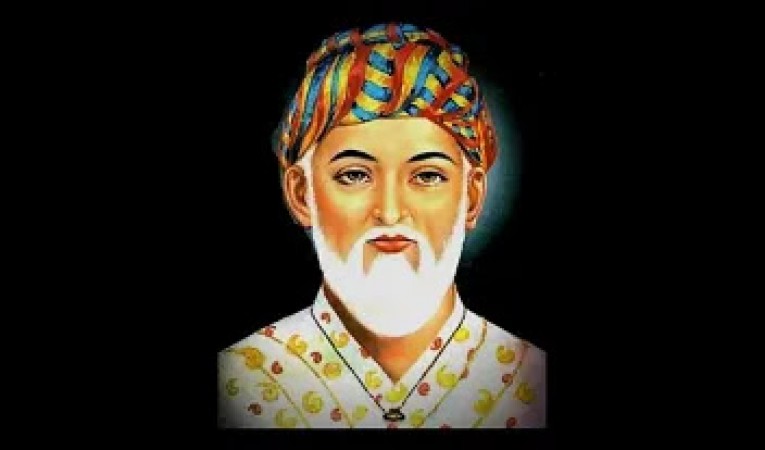
Abdul Rahim Khan-i-Khana, popularly known as Rahim, was a celebrated poet, scholar, and statesman in the court of Emperor Akbar during the Mughal era. Born in 1556 in Delhi, India, Rahim's literary works have left an indelible mark on the world of Urdu poetry. His compositions, characterized by their simplicity, compassion, and moral teachings, continue to resonate with readers and inspire generations even today. Rahim, the poet of compassion and wisdom, remains an iconic figure in the realm of Urdu and Indian literature. His poetry continues to inspire and captivate readers, carrying timeless messages of compassion, humility, and moral teachings. His legacy as a scholar, statesman, and poet exemplifies the power of literature to transcend time and resonate with people from all walks of life. Rahim's verses serve as a reminder of the enduring value of wisdom, empathy, and humaneness in the world, making him a cherished figure in the cultural heritage of India and beyond.
Rahim was born into a noble and learned family, his father being a prominent poet and scholar as well. He received an excellent education in Arabic, Persian, and literature, which laid the foundation for his literary brilliance and poetic prowess. Rahim's intellectual and artistic upbringing instilled in him a deep appreciation for language and its power to convey profound messages. Rahim's talents were recognized by Emperor Akbar, and he was appointed to various administrative positions in the Mughal court. His administrative acumen and wisdom won him the trust and admiration of the Emperor, leading to his rise as an important statesman and military commander. Despite his illustrious career in the court, Rahim's true passion lay in poetry. He wrote in various languages, including Persian and Braj Bhasha, but his most significant contributions were in the form of dohas (couplets) written in the vernacular language of the common people, which later evolved into modern-day Urdu.
Rahim's dohas are characterized by their simplicity, wit, and timeless wisdom. His verses often carry moral teachings and philosophical insights that resonate with readers of all ages. Many of his dohas reflect on the transient nature of life, the importance of compassion, and the value of humility and wisdom.
Compassion and Humility- One of the central themes of Rahim's poetry is compassion and empathy towards all living beings. He emphasized the importance of treating everyone with respect and kindness, regardless of their social status or background. His verses advocate for unity, understanding, and the virtues of humility, making him a poet of the people.
Enduring Legacy- Rahim's poetic brilliance and the universal appeal of his verses have led to his enduring legacy. His dohas are still widely read, recited, and quoted in India and other South Asian countries. His works have inspired countless poets and writers, and his influence can be seen in various forms of literature, music, and art.
Beyond his literary contributions, Rahim's legacy extends to his principled and compassionate approach to governance. As a statesman, he was known for his fair and just rule, earning the respect and admiration of his contemporaries.
also read - The Yajur Veda: The Sacred Knowledge of Rituals and Sacrifices